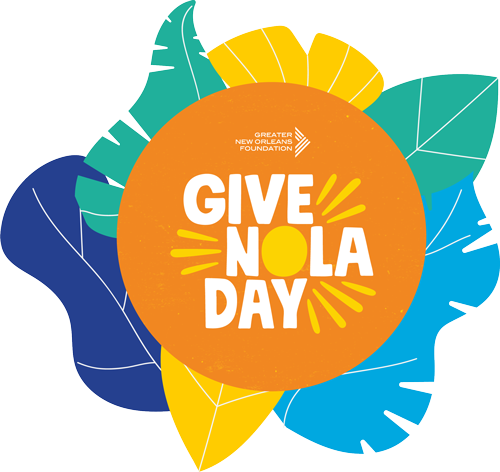

Originating in Galveston, Texas in 1865, the observance of June 19th as the Black Emancipation Day has spread across the United States. Juneteenth is a day to celebrate Black freedom. It can be a day, a week, and for some, a month marked with celebrations, speakers, and family gatherings. It’s a time to reflect, rejoice and plan for the future.




